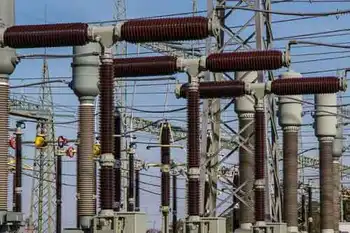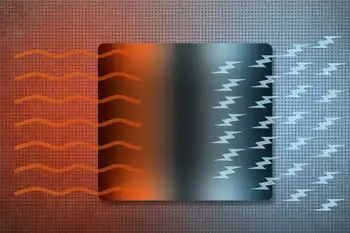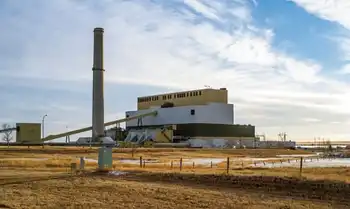Outside experts help with reactor crisis
Tokyo Electric Power Co. officials said levels of radioactive iodine in water at the plant spiked to levels 10,000 times permissible limits, preventing workers from getting near the water.
Engineers have been pumping water out of the tunnels in the basements of the facilities and into holding areas in an attempt to permit access to areas where workers are trying to restore electricity to the cooling pumps that could bring the situation under control.
The iodine is the primary gaseous byproduct of fission of uranium in the fuel rods that power the plant. Its presence in water suggests that, at the very least, the cladding that encases the uranium fuel pellets has cracked, permitting the gas to escape. The good news is that radioactive forms of iodine have a half-life of about an hour or less, so that the radioactivity should quickly decay if no further release occurs.
Levels of radioactive iodine in seawater off the coast at the plant have also risen, according to Japan's nuclear safety agency. The agency said that levels of the isotope in water about 350 yards off the coast had risen to 4,385 times the permissible level, up about a third from levels the previous day.
Japan is increasingly turning to other countries for help as it struggles to stabilize its tsunami-stricken nuclear plant and stop radiation leaks that are complicating efforts to recover the bodies of some of the thousands swept away by after the March 11 earthquake and tsunami. French, American and international experts — even a robot — are either in Japan or on their way, and French President Nicholas Sarkozy visited Tokyo to meet with the prime minister and show solidarity.
Experts from French nuclear giant Areva, which supplied fuel to the plant, are helping figure out how to dispose of the contaminated water that has begun leaking into the ground and the sea. Officials from Tokyo Electric Power Co., the operator of the plant, said they welcome the help. TEPCO officials also said they expect to use a robot sent by the U.S. within a few days to evaluate areas with high radiation. They are also setting up a panel of Japanese and American nuclear experts and U.S. military personnel to address the crisis.
Con artists are soliciting cash and other valuables in Japan under the guise of collecting funds for victims of the earthquake and tsunami, prompting Chief Cabinet Secretary Yukio Edano to condemn such "opportunistic crimes" and urge the nation to pull together. In many countries, such scams would be considered run-of-the-mill. But in low-crime Japan, which has seen an outpouring of national unity in wake of the disaster three weeks ago, the reports of fraud are considered an affront.
Among the scams reported in Japanese media were the case of a 53-year-old man who called a 91-year-old woman in Tokyo's Shinjuku area and tried to persuade her to hand over money for earthquake victims, and a 24-year-old man who solicited about $150 from a passer-by in Tachikawa city, then pocketed the cash. Both suspects were detained.
Low levels of radiation have turned up in milk samples from two West Coast states. The Environmental Protection Agency and the Food and Drug Administration said that traces of radioactive iodine-131 were found in a March 25 milk sample from Spokane, Wash. The California Department of Public Health said a similar result was found at a dairy in San Luis Obispo County. Officials said there is no public health threat, and the levels are still 5,000 times below levels of concern.
Related News

ERCOT Issues RFP to Procure Capacity to Alleviate Winter Concerns
AUSTIN - The Electric Reliability Council of Texas (ERCOT) issued a request for proposals to stakeholders to procure up to 3,000 MW of generation or demand response capacity to meet load and reserve requirements during the winter 2023-24 peak load season (Dec. 1, 2023, through Feb. 29, 2024).
ERCOT cited “several factors, including significant peak load growth since last winter, recent and proposed retirements of dispatchable Generation Resources, and recent extreme winter weather events, including Winter Storm Elliott in December 2022, Winter Storm Uri in February 2021, and the 2018 and 2011 winter storms, each of which resulted in abnormally high…





